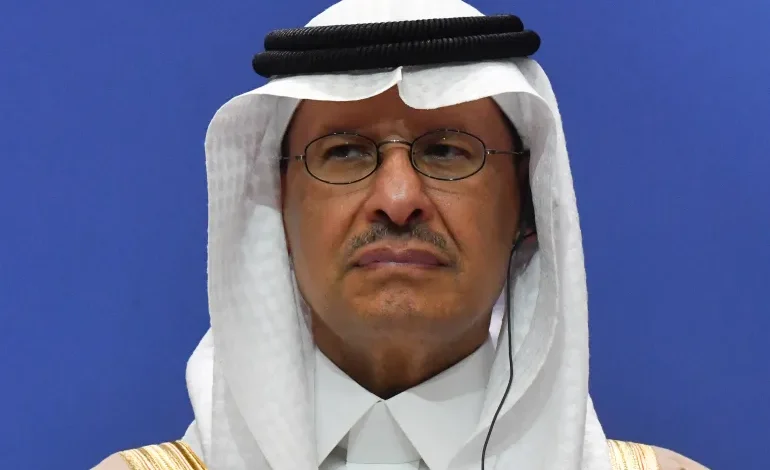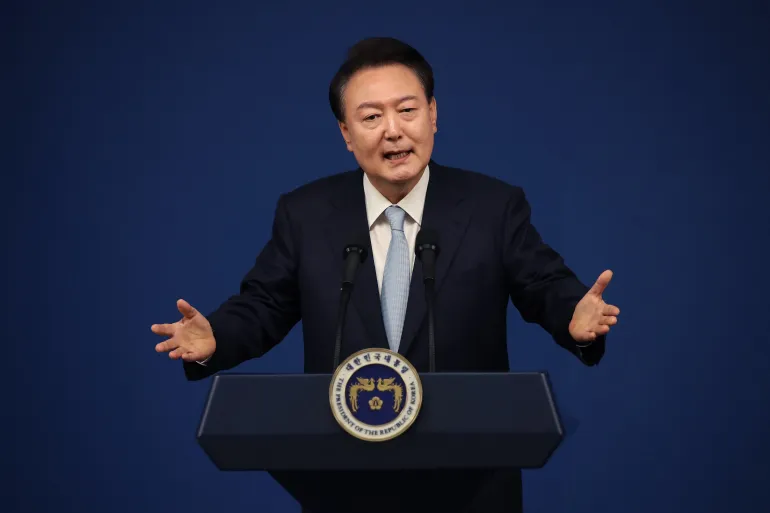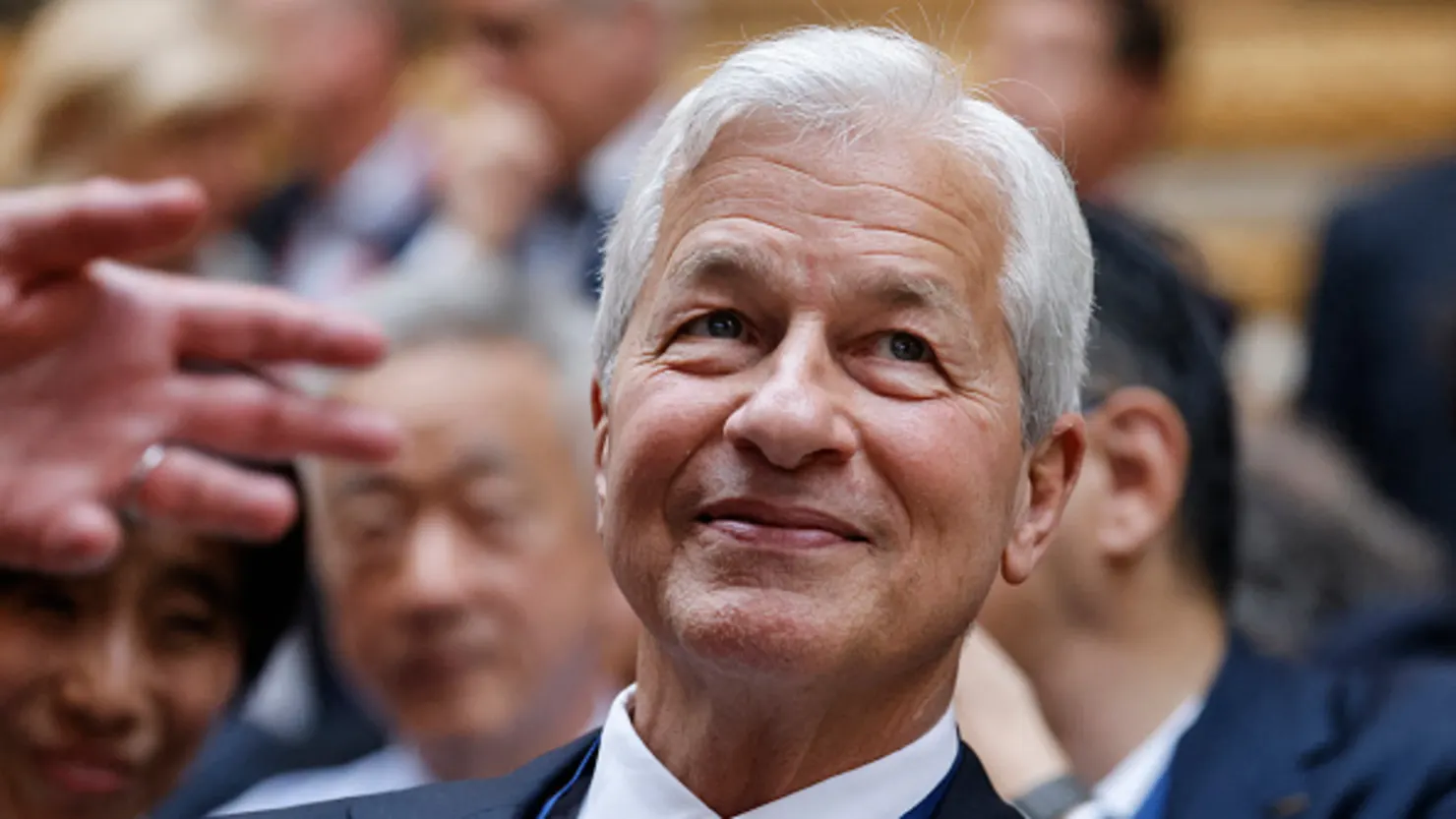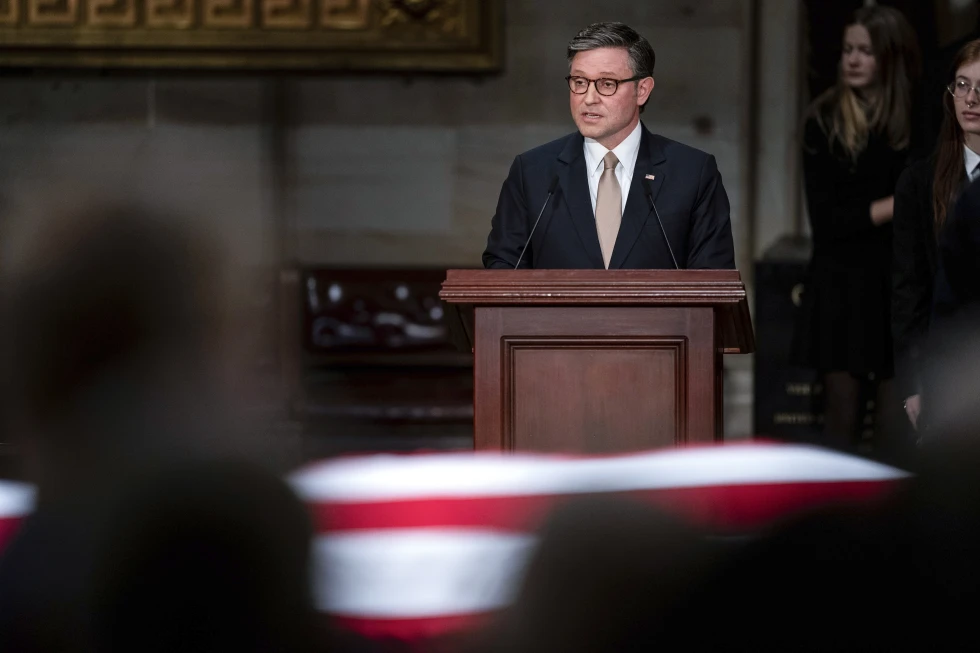Saudi Arabia Announces Uranium Enrichment Plans, Raising Nuclear Proliferation Concerns

Saudi Arabia has announced its intention to begin enriching uranium, a move that has ignited concerns about nuclear proliferation in the Middle East and beyond, Al Jazeera reports.
The announcement, made by Energy Minister Prince Abdulaziz bin Salman Al Saud at a conference on Monday, signals a significant shift in the Kingdom’s nuclear ambitions.
According to Prince Abdulaziz, the uranium enrichment is part of a broader strategy to monetize the country’s mineral resources, indicating that Saudi Arabia intends to both enrich uranium and sell it on the open market. The Minister also mentioned plans to produce “yellowcake,” the powdered uranium concentrate used in the preparation of nuclear fuel. While yellowcake itself poses few immediate radiation hazards, the ability to produce and enrich uranium is a crucial step towards the development of nuclear weapons, raising alarm bells in the international community.
Saudi Arabia has been developing a fledgling nuclear program, stating that its aim is to diversify its energy mix. However, past statements from Crown Prince Mohammed bin Salman and other officials have fueled speculation about its ultimate goals. In 2018, the Crown Prince stated that Saudi Arabia would pursue nuclear weapons if regional rival Iran did so. This stance was reiterated by a Saudi foreign affairs minister two years later, creating a clear link between the Saudi program and perceived Iranian threats.
Adding to the concerns, Saudi Arabia has recently indicated its intention to discontinue oversight of its nuclear facilities by the United Nations’ atomic watchdog and instead transition to regular safeguards by the end of 2024. This shift away from stringent international oversight further fuels worries about transparency and the true nature of the Kingdom’s nuclear ambitions. Currently, Saudi Arabia’s program is still under the Small Quantities Protocol (SQP) with the International Atomic Energy Agency (IAEA), which exempts less advanced states from many reporting and inspection obligations.
The Saudi move stands in stark contrast to the approach taken by neighboring United Arab Emirates (UAE). The UAE, which has the Arab world’s first multi-unit operating nuclear energy plant, has pledged not to enrich uranium itself and not to reprocess spent fuel, demonstrating a commitment to non-proliferation.
Meanwhile, Iran and European powers recently engaged in talks regarding Tehran’s nuclear program, raising concerns about the stability of the region. As President-elect Donald Trump’s return to the White House on January 20 is nearing, the political landscape is becoming ever more complicated. Trump pursued a policy of “maximum pressure” during his first term, withdrawing the US from a landmark nuclear deal with Iran. This left Tehran rolling back its commitments, and his upcoming administration could reshape the nuclear landscape further.








